
A Malaysian friend of mine who lives in a foreign country came home the other day to visit his parents. While spending his time in Malaysia, he decided to renew his identity card at the National Registration Department office.
At the office, the staff at the counter asked my friend to clarify why he had left the religion box empty.
“Agama apa? (What’s your religion)?” he asked.
“Tiada agama (No religion),” my friend answered.
The man stared at my friend for a few seconds before smiling, “Oh, maksudnya encik ni agama Buddha (Oh, you mean you’re a Buddhist)?”
Talking to me after the incident, my friend lamented, “I do not understand what made the staff at the Registration Department equate atheism with Buddhism.”
I laughed.
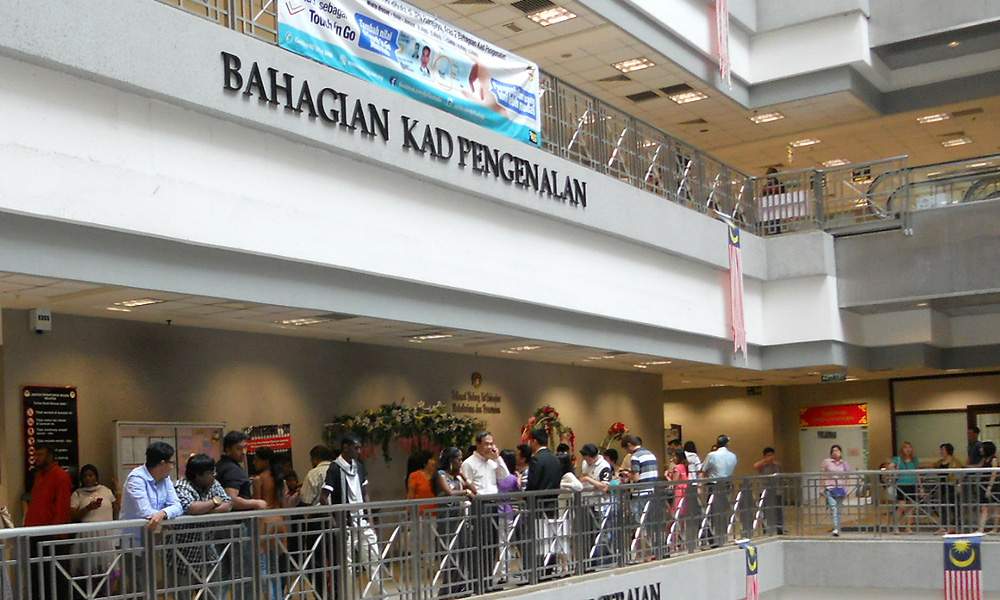
“Seriously, this isn’t the first time I am encountering Malaysians with such a lack of knowledge of common things,” he added.
Apparently, on a different occasion, my friend was asked to clarify about the digit 71 (code for the state/country one is born in) which appears after his birth date on his national identity card.
“71? Lahir di mana (Where were you born)?”
“UK.”
“UK? UK tu apa? (What is UK)?”
“United Kingdom.”
“Oh. Lahir dekat United States la ni (So you were born in the United States)?”
Adoi!
Clearly, the ignorance shown by both civil servants whom my friend had interacted with gave him a very bad image of the level of knowledge of ordinary Malaysians.
“Is the national education system in Malaysia that bad?” he asked.
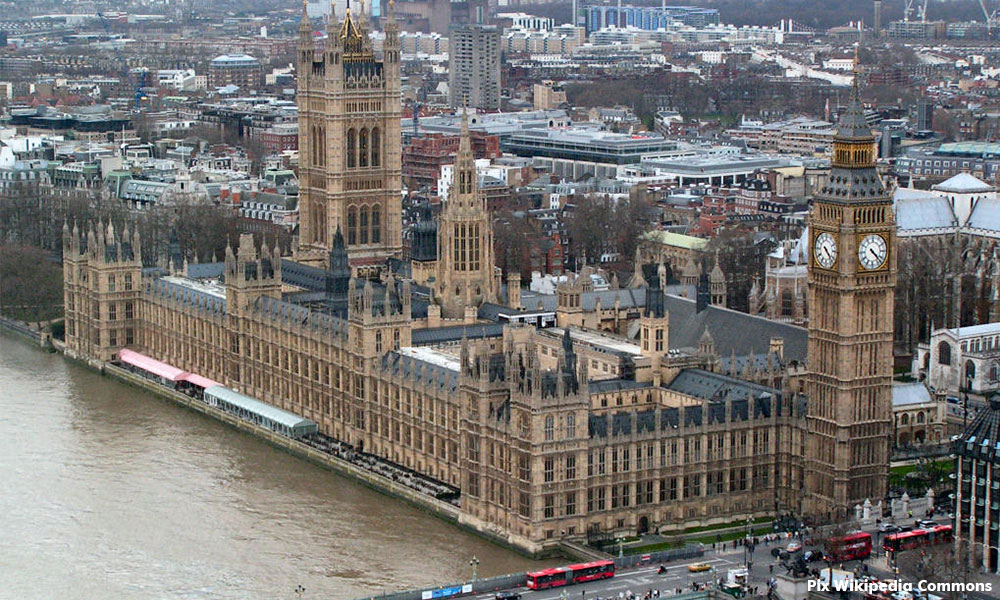
At that instant, I remembered an incident in a pharmacy a couple of years back when I approached a young staff and asked for a thermometer. Surprisingly, the staff did not know what a thermometer was.
“Thermometer. Alat yang kita gunakan untuk menyukat suhu badan semasa demam (The device we use to measure body heat during fever)!”
The staff then went away to another aisle and came back with a ‘Kool Fever’ forehead patch.
“Ther-mo-meter,” I paced my words slowly thinking that somehow that would make the staff understand what I was looking for but I was wrong.
“Are you new here?” I asked, irritated. “How old are you?”
“I just joined last week. I am still in training,” she explained.
“Waiting for SPM?” I asked, curious. She nodded.
Funny, she sat for the SPM examination not knowing what a thermometer was.
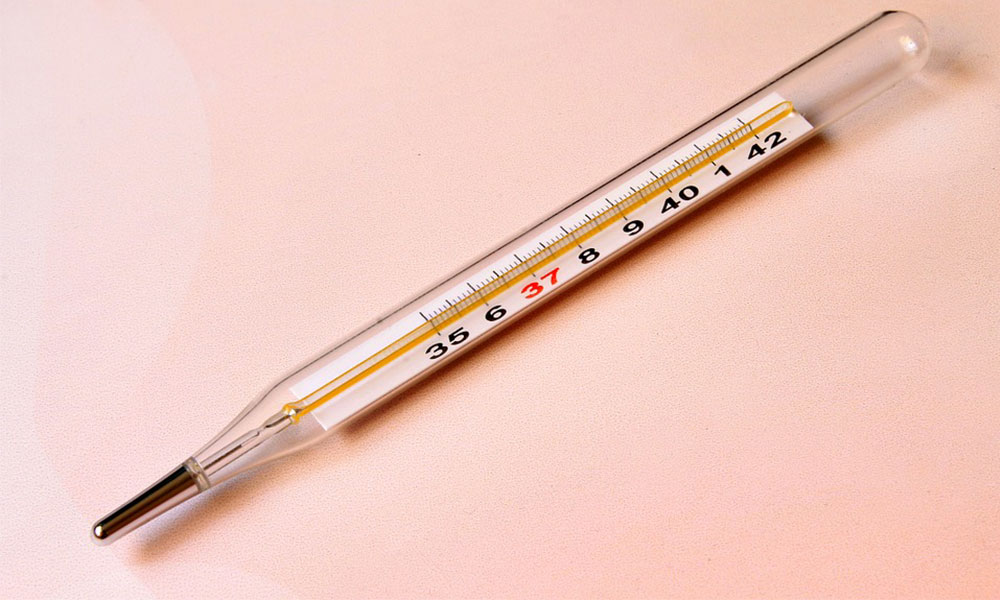
I then got the cashier to help me out, “I am looking for a thermometer. You know, the thing you put inside your mouth when you have a fever? Your co-worker has no idea what it is, can you please assist her?”
“Dia budak baru (She is new),” he said with a smirk before rushing into a different aisle. A few seconds later, he came back with paracetamol.
Kadavuleh!
If you think that incident is hilarious, wait till you hear this - once, during dinner at a seafood restaurant, I called the waiter and asked for black pepper. The waiter came back with a newspaper.
“What am I supposed to do with this newspaper?” I asked, annoyed.
“I don’t know, you asked for it,” the waiter answered.
Black pepper and newspaper – seriously anyone with half a brain could differentiate between them, don’t you think?
I did manage to get my black pepper that day with a little help from a foreign worker at the restaurant – however, I was quite gobsmacked to learn that the waiter who did not know what black pepper was, was also a trainee waiting for her SPM results!
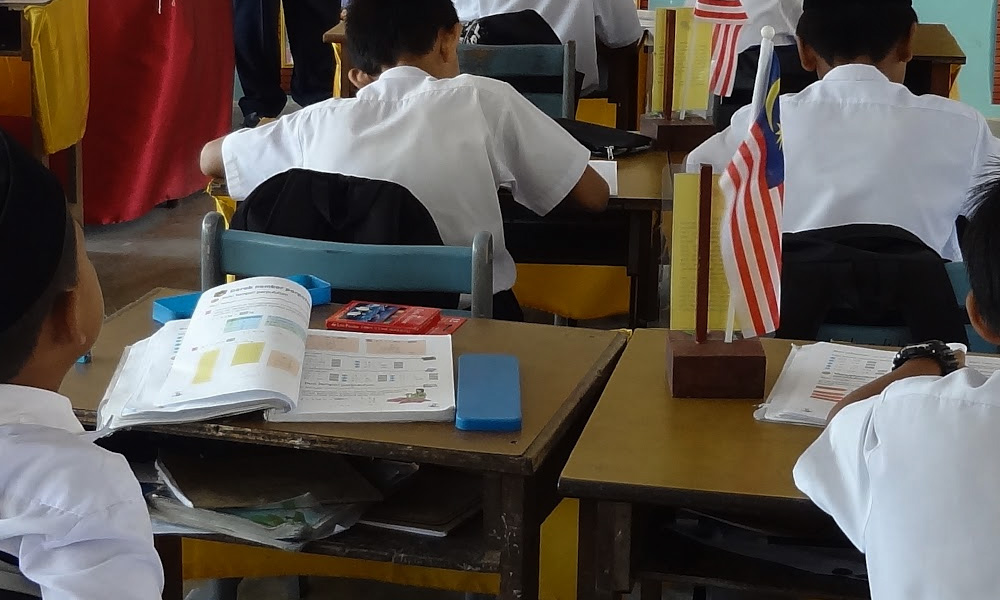
These stories aren’t fictitious, mind you. They are real scenarios within the layers of our society.
“So the education standard is indeed as lousy as they say it is?” my friend asked after bursting out laughing at my stories.
“Well, that’s not an easy question to answer. You see, I am also a product of the national education system. So are my brothers, both my children and many of my friends. But all of us turned out pretty well. And on top of that, I know many Malaysians who are doing so well in life who are also products of our national education system,” I replied.
“That’s interesting. Maybe it’s because all of you had the drive to make something out of yourselves,” my friend suggested.
“You are right. I suppose we were lucky to have parents and teachers who instilled in us the thirst for knowledge. Perhaps that is why our learning curve has been a never-ending journey and we continuously look for opportunities to learn and gain more knowledge about the things we do not know.”
“Imagine what a great nation Malaysia could become if the thirst for knowledge becomes the core of the education system,” observed my friend.
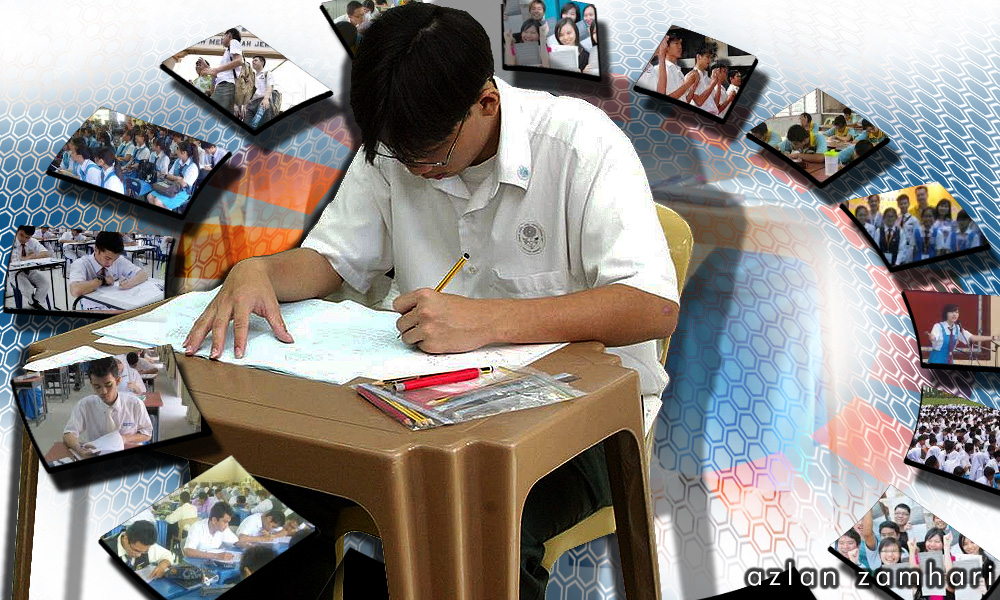
And I think he is absolutely right.
Recently, the National Education Policy Review Committee which was set up to review and improve the curriculum and educational system from preschool to the university level, submitted its report to Education Minister Maszlee Malik.
This report was prepared after a series of meetings with 3,141 stakeholders to obtain feedback and suggestions to improve the education system in Malaysia.
I do not know who these 3,141 stakeholders are; I suppose they could be anyone who is invested in the welfare and success of schools, universities and their students, including administrators, teachers, staff members, students, parents, community members, school board members, advocacy groups, teachers unions, parent-teacher organisations, and related associations.
I am hopeful that the feedback received from all these people will bring about a positive change in our education system.
I may have been harsh in my criticisms about our national education system in the past and so have many ordinary Malaysians, but this only goes to show how frustrated we are with the current system and how desperate we are to have it improved.
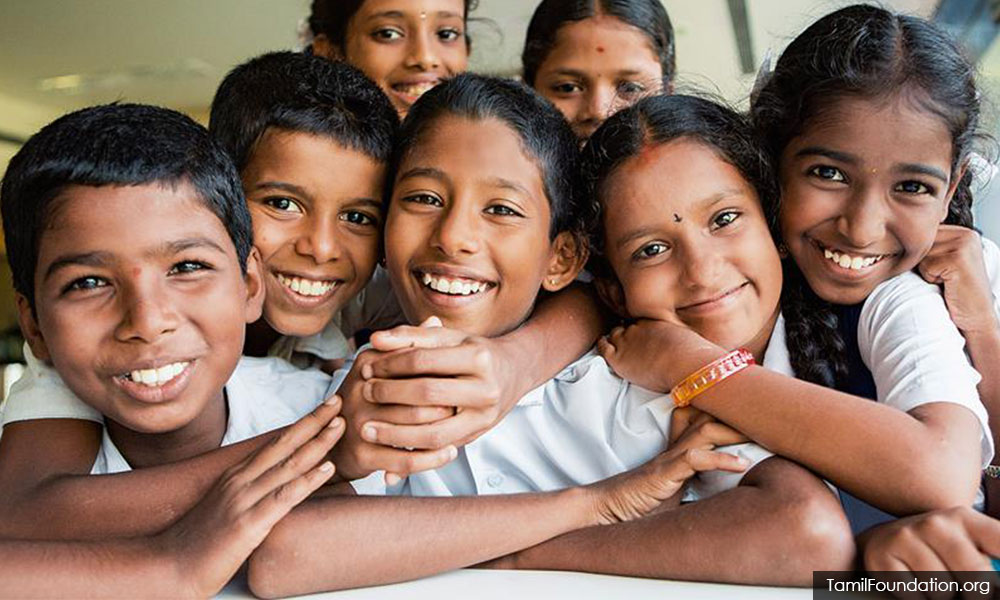
And despite all the criticisms, we Malaysians remain hopeful that, at some point in time, the changes we so yearn for will take place.
Education is the premise of progress. If we want our society to progress, we need our education system to incorporate the thirst for knowledge instead of continuing with our old spoon-feeding methods.
The goal of a good education should not be about scoring multiple A's - it should be about widening our students’ knowledge beyond textbooks and classrooms.
The goal of our improved education system should be about creating a nation full of people who have good knowledge, are eager to expand that knowledge and are capable of using that accumulated knowledge to think intensively.
Hopefully one day, with an education system which emphasises on knowledge and not examinations, none of us will end up explaining the difference between the UK and the US to our civil servants or losing our cool when given a newspaper instead of black pepper by local waiters with SPM qualifications.
FA ABDUL is a passionate storyteller, a media trainer, an aspiring playwright, a director, a struggling producer, a photographer, an expert Facebooker, a lazy blogger, a part-time queen and a full-time vainpot. - Mkini



No comments:
Post a Comment
Note: Only a member of this blog may post a comment.